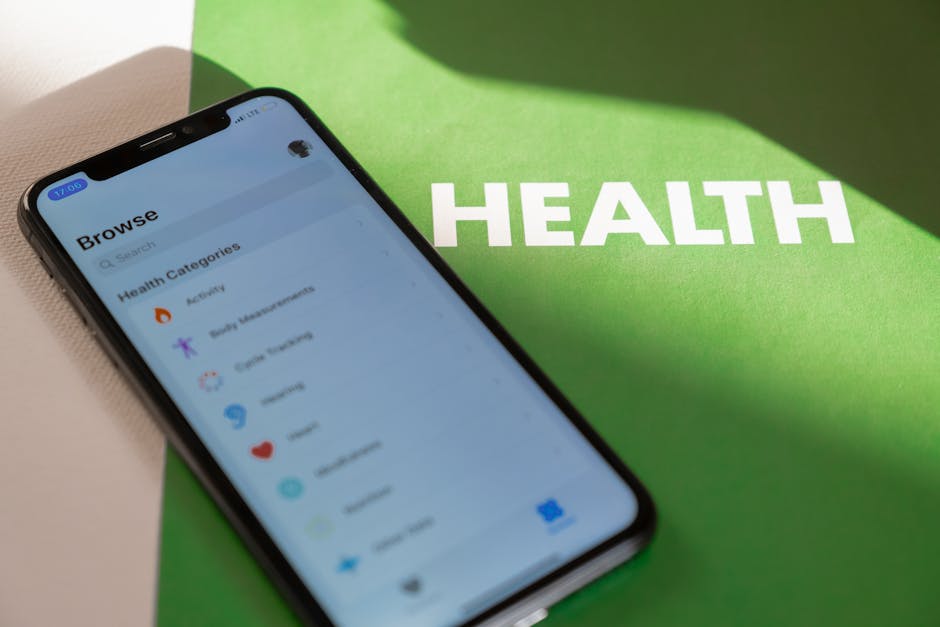Enhancing Privacy Settings Without Sacrificing Speed

Privacy settings are a critical aspect of internet use, but they often come at the expense of speed and performance. Balancing the need for robust privacy protections with the demand for fast, seamless online experiences can be challenging. This article explores practical ways to enhance privacy settings without sacrificing speed, drawing on recent research and credible sources to provide actionable insights.
Understanding Privacy Settings and Their Impact on Speed
Privacy settings are designed to protect users' personal information from unauthorized access and potential misuse. These settings include encryption, anonymization, and data minimization techniques. While these measures are crucial for safeguarding privacy, they can sometimes slow down internet connections and device performance.
The trade-off between privacy and speed often stems from the additional processing power required to implement privacy-enhancing technologies. For instance, encryption protocols like HTTPS and VPNs (Virtual Private Networks) add extra layers of data processing that can delay transmission times. According to PCMag, even though VPNs offer excellent privacy protection, they can reduce internet speed by up to 50%.
However, not all privacy measures have a significant impact on speed. Understanding which settings cause the most slowdown can help users make informed decisions about which features to enable or disable based on their specific needs.
Optimizing Privacy Settings for Speed
To maintain a balance between privacy and speed, users can optimize their privacy settings using several strategies:
- Selective Encryption: Use encryption selectively based on the sensitivity of the data being transmitted.
- Browser Extensions: Choose lightweight browser extensions that enhance privacy without consuming excessive resources.
- Regular Updates: Keep software and browsers up to date to benefit from the latest performance optimizations.
Selective encryption involves encrypting only sensitive data rather than all data traffic. For example, using HTTPS for websites that handle personal information while allowing non-sensitive browsing over HTTP can strike a balance between security and speed.
Lightweight browser extensions like uBlock Origin or Privacy Badger can block trackers and ads without significantly impacting browsing speed. These tools focus on enhancing privacy by preventing unwanted data collection while maintaining a fast browsing experience.
The Role of Modern Technologies
Modern technologies play a crucial role in enhancing privacy without compromising speed. Innovations such as DNS over HTTPS (DoH) and modern encryption algorithms are designed to provide strong security with minimal performance impact.
DNS over HTTPS (DoH) encrypts DNS queries, preventing eavesdropping and man-in-the-middle attacks without noticeably affecting browsing speed. According to Cloudflare, DoH can even improve performance in some cases by reducing DNS query times through optimized routing.
Advanced encryption algorithms like AES (Advanced Encryption Standard) are designed for efficiency. AES provides robust encryption with minimal processing overhead, making it suitable for real-time applications like video streaming and online gaming where speed is critical.
Balancing Privacy and Speed in Mobile Devices
Mobile devices present unique challenges in balancing privacy and speed due to their limited processing power and battery life. Here are some tips for optimizing privacy settings on mobile devices:
- Use Lightweight Privacy Apps: Opt for apps that provide essential privacy features without heavy resource consumption.
- Limit Background Processes: Disable unnecessary background processes that consume bandwidth and processing power.
- Optimize Network Settings: Adjust network settings to prioritize performance without compromising essential security features.
Lightweight privacy apps like Signal for encrypted messaging or DuckDuckGo for private browsing offer strong privacy protections while being optimized for mobile performance. Limiting background processes helps conserve battery life and ensures that active applications run smoothly.
The Importance of User Awareness
User awareness is key to effectively balancing privacy and speed. Educating users about the impact of various privacy settings on performance enables them to make informed choices that align with their priorities.
For instance, understanding that VPNs may slow down internet speeds helps users decide when it's necessary to use a VPN versus relying on other security measures like secure Wi-Fi networks or encrypted websites. Additionally, being aware of lightweight alternatives to heavy security applications allows users to maintain both privacy and speed effectively.
| Setting | Privacy Impact | Speed Impact |
|---|---|---|
| VPN | High | Moderate to High |
| AES Encryption | High | Low |
| DNS over HTTPS (DoH) | Moderate | Low |
| Selective Encryption (HTTPS) | Moderate to High | Low to Moderate |
| Lightweight Browser Extensions | Moderate | Low |
The Future of Privacy Settings and Speed Optimization
The future holds promise for more advanced solutions that further bridge the gap between privacy and performance. Emerging technologies such as homomorphic encryption, which allows computations on encrypted data without decrypting it first, show potential for maintaining high levels of privacy with minimal impact on speed.
The development of quantum-resistant cryptographic algorithms aims to future-proof encryption against the threats posed by quantum computing while maintaining efficiency. These advancements will likely play a significant role in shaping how we approach the balance between privacy and speed in the coming years.
The challenge of balancing privacy settings with speed is and will remain an ongoing concern for internet users.